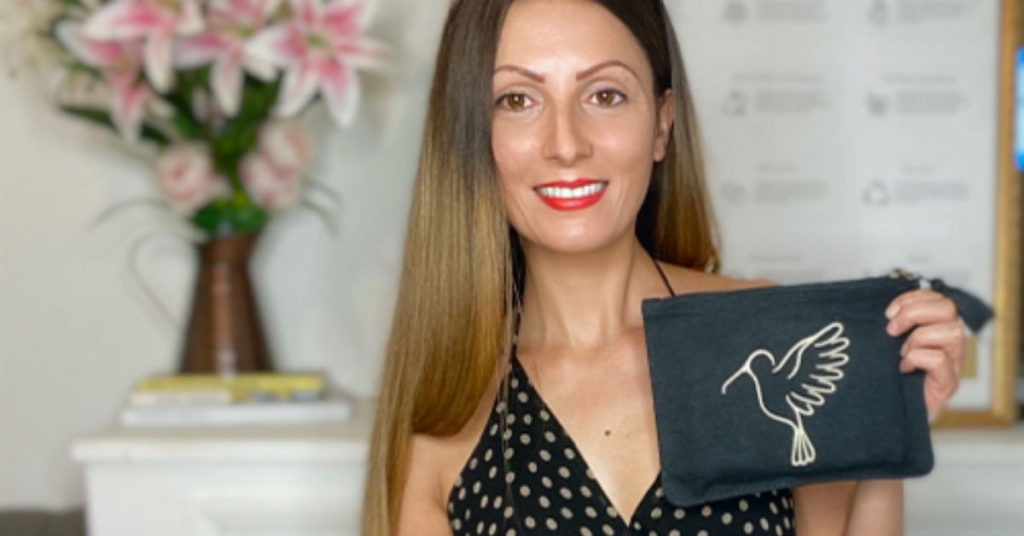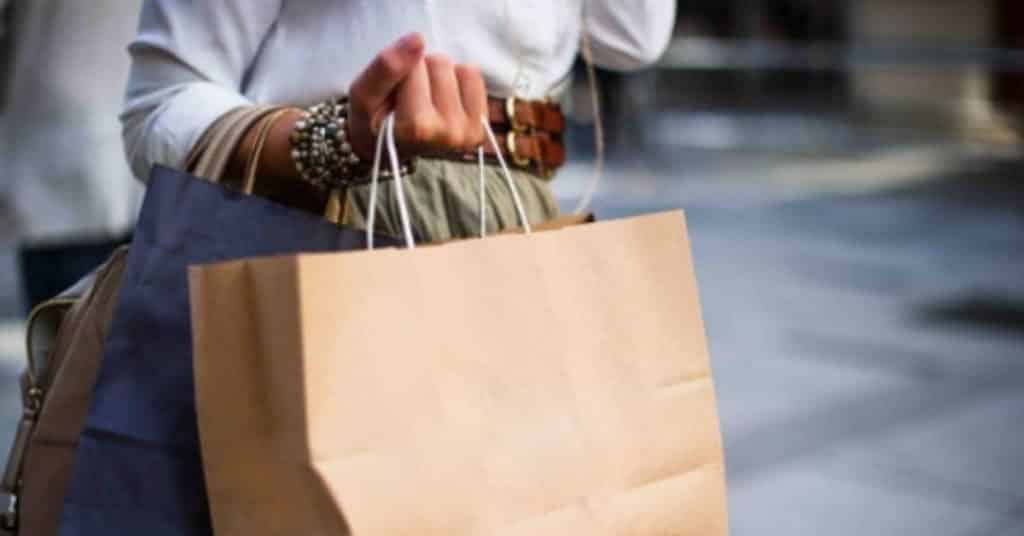Our founder Roberta Lee talks about ‘brand trust’ and the overuse of buzzwords like ethical and sustainable in fashion. She shares her experience with us of working with ethical brands since 2015, and what to look out for.
Should we be looking at only supporting brands that have certification?

I think people get confused with certifications. There are so many certifications and awards out there. I was looking at creating one for Ethical Brand Directory, it’s not difficult to come up with your own criteria and become a self-governed operation that assesses and credits people with badges for their work.
The trouble is that creates too many variables- it would require cooperation and knowledge sharing from all certification providers to ensure the same measures are taken when evaluating a brand.
How do I know if I can trust the brands on Ethical Brand Directory?
At Ethical Brand Directory (EBD) we recognise that each brand has different values and a brand may not hit all 12 of ours. But as long as they are entirely upfront about what their core business values are, where they are on their journey, and where they want to be, what they are NOT doing – but plan to change/implement in a decent time frame, we are open to working with them.
Brands must meet a minimum criteria across the following areas:
- Their brand’s products or range must be available for more than just a season
- They can demonstrate that they produce high-quality items, fit for #100wears or long-term use / if not a fashion brand then they must use recyclable, reusable or refillable containers.
- Their brand’s products are sold at a fair price point to reflect fair wages for all of those involved in the process.
- They can show evidence of responsible sourcing
- They have evidence of supplier audits to show factories and suppliers are producing goods responsibility
- They take full responsibility for manufacturing and distribution across their supply-chain (they don’t claim ignorance or believe out of sight means it’s not their concern)
- They show evidence they are making an effort to minimise their environmental impact.
- They use responsible packaging and minimal plastic
- They use eco-friendly or certified materials (such a GOTs certified organic cotton)
- They use recycled or upcycled materials

We accept that each individual brand must be assessed on their own merit, not simply shoehorned into our criteria and our beliefs. To remain inclusive we need to be open to businesses who make, think, act and operate differently – but at their core they know the difference between right and wrong and that they work to the 3 Ps, valuing people and planet, not just profit.
Do you think it’s important for customers to shop their values?

I think leading with VALUES is important, but we should recognise as consumers we all have different expectations. We cannot expect everyone to be vegan, or shun someone who is wearing leather – we don’t know everything about everyone and whether their decisions come from a place of sustainability.
In short, I believe shopping one’s values, living one’s values and wearing one’s values is incredibly empowering and we should absolutely encourage it more.
Who is responsible for determining what the important values are?

Creating a global criteria for what constitutes being ethical and sustainable at a basic level feels simple enough, but applying that across all our cultural differences and taking into account religious beliefs, makes it a lot harder. Values are very personal, and will vary so much. You have environmental vegans who will wear leather for example.
At the core of being a good business is respecting people, protecting the planet and stopping cruelty to animals.
A specific governance on values may be harder to shoehorn the world into. But I’m not against a minimal set of global criteria. At the core of being a good business is respecting people, protecting the planet and stopping cruelty to animals.
For example, the Butterfly Mark is a certification that covers a range of industries. Not everyone knows about it, and I couldn’t say if people believe in every badge they see, there are just too many!
I know about many of the certifications and badges, so it’s easier for me to understand – but lots of people that don’t know what the standards means, it’s lost on them.
To be honest, we shouldn’t need badge schemes – government legislation and policy changes should address these issues so that is non-negotiable. Plus, asking brands to pay up to £2,000 to prove they are ethical means many independent brands are excluded due to budget restrictions.
Butterfly’s or bunny rabbits, whatever the badge may be, we are in danger of muddying the water further by adding new certifications instead of lobbying the government to enforce changes that make it a legal requirement.
A basic set of rules should be in place, if you don’t meet them you cannot operate a business in 2021 and beyond.
It’s that simple, but our capitalist model of the world won’t let that happen without the law making it a legal requirement – and huge fines and penalties.
Maybe a better system is to put a warning ⚠️ symbol on brands that fail to meet any of the sustainable development goals. But then, not everyone knows what they are either.
Do you have a question for our founder? Pop your questions below and we’ll try and get them answered for you.
